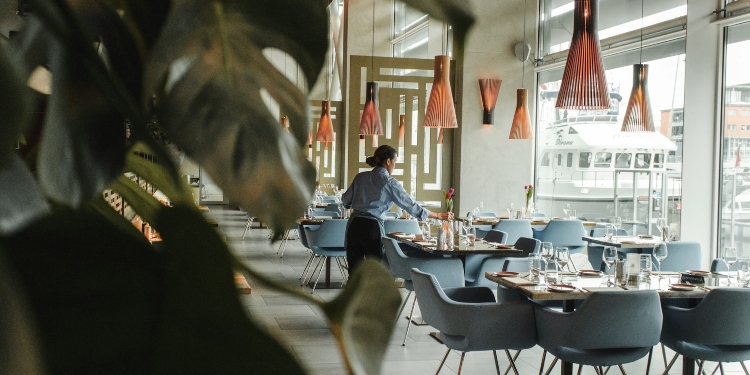The hospitality sector is being revolutionized by technology in today’s digital era. Due to increased competition and higher customer demands, the hospitality sector has adopted technology to improve on the guest experience as well as make the operations more efficient. This includes hotels, resorts and travel companies. Travel and hospitality software development plays a crucial role in this evolution, providing the tools necessary to create personalized, efficient, and memorable experiences for travelers.
Personalized Experiences
Technology has revolutionized the hospitality industry in many ways, with personalization being one of them. Business organizations can now employ sophisticated data analytics to collect and study the preferences and actions of their customers. Such information is useful in modifying the offerings provided, from personalized room arrangements to tailored meals. For example, hotels can offer guests their preferred pillow types, room temperatures, or even recommend activities based on previous visits.
Seamless Booking and Check-In
The reservation process for visitors has been completely changed by new booking systems and smartphone applications. Today, users are able to reserve accommodation, view facilities as well as control travel plans easily using their phones. In addition, the availability of self-service check-in kiosks and mobile check-in, which are very quick, also increase comfort. This streamlining of processes not only improves guest satisfaction but also allows staff to focus on delivering exceptional service.
Smart Room Technology
The in-room experience is being revolutionized by intelligent technology. Many hotels are now providing smart devices in their rooms that enable guests to manage the light, heat and entertainment systems via their mobile phones or by just speaking, this is all due to the rising Internet of Things (IoT). Such innovations provide guests with a sense of control and comfort, making their stay more enjoyable and personalized.
Enhanced Communication
Effective communication is crucial in hospitality. Today, communication is easy between clients and workers with the use of technology like mobile apps, chatbots, social media, and many more. For example, chatbots are able to give immediate answers to any questions asked by the visitors, and it is also possible for them to make simple requests on an app, like ordering food or asking for cleaning services. This immediate access to information and assistance enhances the overall guest experience.
Virtual Reality and Augmented Reality
Virtual reality (VR) and augmented reality (AR) are emerging technologies that offer unique experiences in hospitality. Hotels can provide virtual tours of their facilities, allowing potential guests to explore rooms and amenities before booking. Additionally, AR can enhance guest experiences during their stay, offering interactive information about local attractions and services. This immersive approach not only engages guests but also helps them make informed decisions about their travel plans.
Streamlined Operations
Behind the scenes, technology is also improving operational efficiency. Property management systems (PMS) integrate various aspects of hotel management, from reservations to billing. These systems streamline processes, reduce errors, and provide valuable insights into operational performance. By automating routine tasks, staff can focus on delivering high-quality service, ultimately leading to a better guest experience. Not only can PMS be highly beneficial, but the use of KPI software for measuring hospitality performance indicators is a great way to improve customer satisfaction, as well as tracking and measuring progress, and helping with making data driven decisions for better outcomes.
Sustainability and Eco-Friendly Practices
Technology is aiding hotels in adopting sustainable practices in an era where people are more concerned about the environment. For instance, smart energy management systems can regulate energy consumption while online platforms enable better monitoring of waste by hotels. Visitors prefer eco-friendly accommodations now than before, and technology is instrumental in assisting the commerce to catch up with such demands.
Final Thoughts
In hospitality, the use of new technology is changing the way companies interact with customers and handle internal processes. Guest satisfaction and loyalty are being improved through personalized services that allow for easy interaction, as well as intelligent room features and eco-friendly initiatives. To be different from others in this ever-changing industry and provide their clients with memorable trips, hospitality businesses must adopt such technological advances, which will help them to be unique in a competitive sense.
David Prior
David Prior is the editor of Today News, responsible for the overall editorial strategy. He is an NCTJ-qualified journalist with over 20 years’ experience, and is also editor of the award-winning hyperlocal news title Altrincham Today. His LinkedIn profile is here.












































































